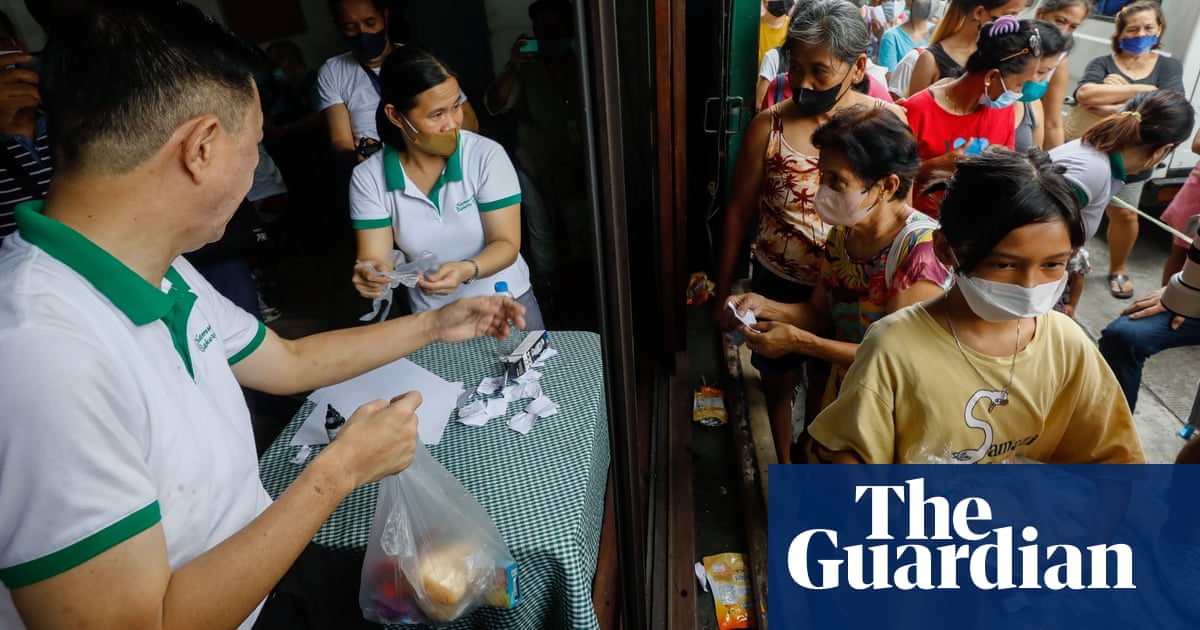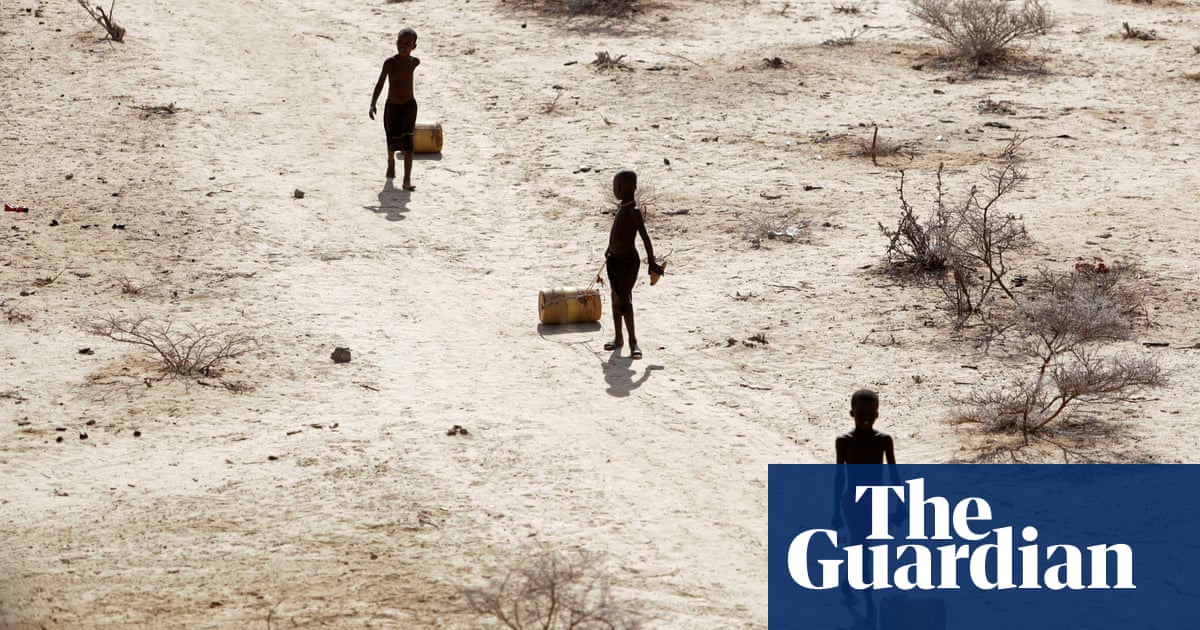
A dramatic increase in financial help is needed to help poor countries meet the $2.4tn (£1.9tn) annual cost of coping with the combined impact of wars, pandemics and the climate crisis, the outgoing head of the World Bank has said.
Speaking in Niger, David Malpass defended his record for funding support for developing countries since becoming president of the Washington-based organisation and said further increases would probably be announced at the Bank’s spring meeting next month.
“During the last four years, we have shown that financing for development can be quickly ramped up,” Malpass said. “Development needs have increased dramatically and so should development finance, to help countries such as Niger implement good development policies that support their citizens, boost economic growth, alleviate poverty, maintain peace and respond to complex global problems.”
Malpass was chosen by Donald Trump to run the World Bank in 2019, and said last month he would step down with a year of his term to go after facing criticism from senior members of Joe Biden’s administration. John Kerry, Biden’s climate emergency envoy, said the Bank should be doing more to meet the challenges of global heating.
Under an agreement stretching back to the 1940s, an American has run the World Bank while a European has been the managing director of its sister organisation, the International Monetary Fund. The White House has nominated Ajay Banga, a US citizen born in India and former head of Mastercard, to replace Malpass, although he is unlikely to be formally chosen until after the spring meeting.
The deadline for nominations to be the next World Bank president expired yesterday, with Banga the sole candidate for the job.
In a curtain-raising speech before the spring meetings, Malpass said the investment needs of poor nations were vast. “We estimate that developing countries will need $2.4tn a year for the next seven years to address the global challenges of climate mitigation and adaptation, conflict and pandemics.”
The World Bank president said the legacy of the pandemic was that 700 million people were living on less than $2 a day, the global extreme poverty rate had increased from 8.4% to 9.3%, and the true death toll of Covid-19 was unknown in many countries.
“Now, a growing number of developing countries are facing the prospect of major domestic crises, with economic growth slowing, poverty and hunger on the rise, public debts reaching unsustainable levels amid rising interest rates, ineffective mechanisms for resolving external debt distress, underinvestment, and growing populations.”
Against a backdrop of overlapping crises, Malpass said that during his presidency the World Bank had doubled its financing for global public projects, such as action to mitigate the impact of the climate crisis, to more than $100bn in the three-year 2020-22 period. “We are continually exploring options to further increase our financial capacity,” Malpass said.
He added that he expected the spring meeting – where the progress of work by the World Bank and IMF is discussed – to deliver an increase in the World Bank’s financing capacity of up to $50bn over the next 10 years.
Both the Bank and the IMF have expressed concern about the number of poor countries faced with unpayable debts as a result of heavy pre-pandemic borrowing, the stimulus provided during the Covid-19 crisis, and rising global interest rates.
Malpass said: “In many developing countries, the stimulus response came on top of sharp increases in debt from projects financed by entities outside the traditional creditor countries. These contracts often lacked transparency.
“As a result, public debt has grown to unsustainable levels in much of the developing world, with precise amounts and terms often unknown due to non-disclosure clauses, collateralised debt and debt-like arrangements, and escrow accounts.”
More than half of the world’s poorest countries were in or at high risk of debt distress, he added. “Their difficulties are mounting as the world economy and asset prices adjust to more normal interest rates and bond yields. Inflation and higher interest rates in advanced economies lead to capital outflows, causing depreciation and higher interest rates in developing countries, thereby adding to the debt burden.”












